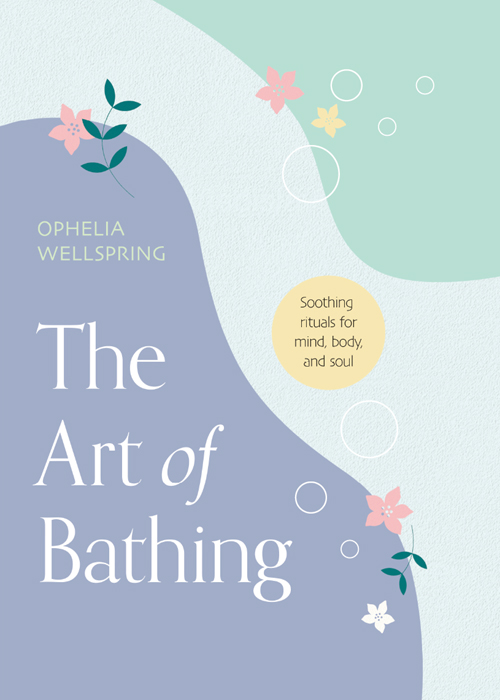
The
Art of
Bathing
 For Lai Lin and Alfie, naturally.
For Lai Lin and Alfie, naturally.
Ophelia Wellspring is the pen-name of an author and editor who lives with their partner, two children, and a dog, not far from the sea.

Important: Aromatherapy and meditation can help with all manner of physical ailments, but this book is not intended as an alternative to personal medical advice. Aromatherapy oils are highly concentrated. The reader should follow the instructions on the packaging of selected products to ensure the oils are being used safely and effectively. Any readers who are pregnant or have a compromised immune system should consult a healthcare practitioner before use. The reader should consult their doctor about any symptoms that may require diagnosis or medical attention. While the advice and information in this book are believed to be accurate, neither the author nor publisher can accept any legal responsibility or liability for any omissions or errors herein.

CONTENTS

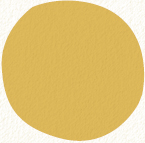
INTRODUCTION
H ow often have you longed to drop everything and head off for a spa retreat? To take a healing break, find a moment to recharge your batteries, andmost importantlyseize a rare chance to put yourself first? If you're like me, you find yourself torn between the demands of work and family, with time and money constantly stretched, and there often seems to be nothing we can do about it. We feel a little like caged hamsters, constantly spinning a wheel, never stopping, yet never seeming to get anywhere, either.
Fortunately for us, the answer is sitting right there in the corner of the bathroom. Used wisely, the humble tub can become a revitalizing home spa that is more effective than you ever suspected possible. It will be a refuge from the stresses and strains of the world, and the place where you can go to re-energize. All you need is a half hour, a few essential oils, and this book.
You'll find that the combination of water, aromatherapy, meditation, and music has an incredible power to restore. You'll gain mental energy, you'll improve your physical condition, and, most importantly, you'll enjoy more positive emotions.
Even better, it's cheap! Essential oils aren't expensive to buy in the quantities you need for an aromatic bath, and you can build up your healthful collection over time, picking up bottles one by one.
Each treatment in this book includes an aromatherapy mix and a focused meditation aimed at a particular need. There's also an introduction to the amazing world of essential oils, and you'll learn how water, music, and meditation also play their own healing rolesso when you step into that steaming tub, you'll know exactly what's going on in your mind, body, and soul.
Over time you'll become an expert on home spa treatments, and will no doubt come up with your own essential-oil blends. Meanwhile, you'll discover that the priceless benefits of meditation become more and more powerful with regular practice, whether you practice as part of a bathtime treatment or any other time. Literally hundreds of studies now show that it's one of the best ways to keep your life on a happier, healthier, more productive path.
So I hope that this nourishing time in that humble bathtub becomes a regular part of your life, just as it is mine.
THE POWER OF WATER
Whether it's the bath, the pool, a lake, or the open ocean, there is something about water that attracts us in a completely primal way. We love to float, to let the water take our weight, and simply feel it lap against our skin: a sensory immersion, it relaxes us, frees us from tension, and warms or cools us deliciously.
Some evolutionary biologists have hypothesized that at some point in the history of our species, humans were semi-aquatic, spending much of our time swimming and finding food underwaterwhich could account for the fact that we have so much less hair on our bodies than our nearest relationsother primates like chimps and gorillas. While this idea is controversial, it might also explain why we love spending time in, around, and on water as much as we do. Most primates avoid deep water: humans seek it out. We pay more to live in places with a sea view, we travel long distances to take vacations on the beach, and we love sailing, swimming, diving, and all manner of other pastimes that bring us into closer contact with it. Is this because it is our natural environment?
Since classical times, when the Romans, Egyptians, and Greeks built bath-houses with a mixture of cold- and warm-water pools, we have known of the benefits of balneotherapythe practice of using baths for relaxation and psychological well-being. Indeed, when they discovered natural hot springs they usually built a temple nearby. Hippocrates, who lived in Greece 2,500 years ago and is still widely called the father of medicine, researched the effects of hot and cold baths on the human body, and the popularity of bathhouses in the classical world owed much to his thinking. His contemporaries used sulfurous springs to treat skin conditions and muscular and joint pain. But it wasn't just the Greeks and Romans: cultures around the world, from Japan to Aztec Mexico, had their own distinctive takes on the bath-house, and bathing has now been scientifically proven to elevate your mood, improve your sleep, relieve muscle pain, reduce blood pressure, relieve cold and flu symptoms, soothe irritated skin, and improve your alertness. There is even evidence that, by stimulating the circulation and raising your heart rate, a warm bath burns as many calories as a brisk walk! All of these individual benefits will add up to a real difference to your sense of general well-being, a reduction in stress, andlong-termbetter health.
For a bath to boost your cardiovascular system and help your physical health, it should raise your core body temperature by about one degree Fahrenheit (or half a degree Celsius), so the water doesn't need to be overly hotcertainly it should be easy to climb into. That's enough to get the blood flowing faster, and give your heart the easiest workout ever. Skin flushes in a hot bath, by the way, for the same reason that it does when you walk fast on a hot day. Your body feels itself overheating and sends blood rushing to the surface to cool it down. In warm air, this works well, but if you are in a bath that's slightly warmer than your body temperature (most people find a temperature of 100F/38C comfortable) it has the opposite effect: the extra blood warms up and carries the heat back to your core.
Hot baths affect our skin, too; at more than 112F (44C) the water will melt away the natural moisturizers that sit on the surface of our skin. This affects older people more: so the piping-hot bath that you enjoyed at twenty years old may leave your skin dried-out and feeling itchy after you've turned forty. Something between 104 and 109F (40 and 43C) should be comfortable-hot, but not painful. If you want to hit a specific temperature, use a floating thermometer (you can get them at baby supply stores) to make sure your bath is perfect every time.
Next page
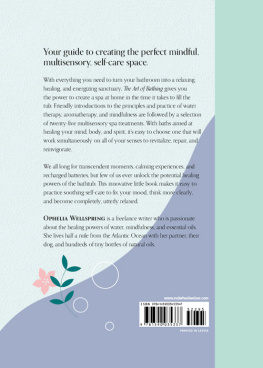
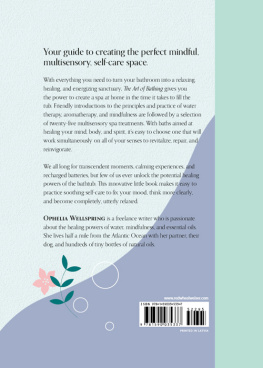
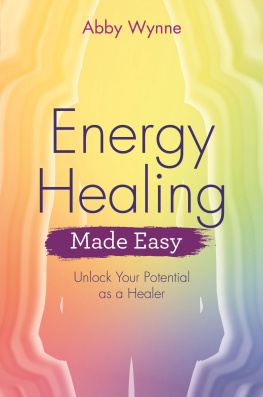

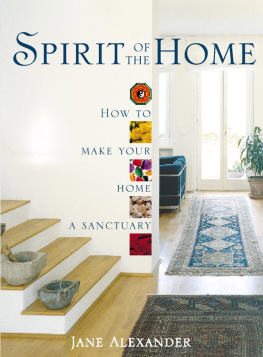
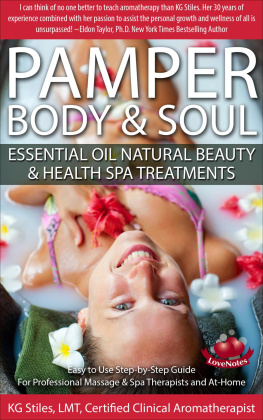
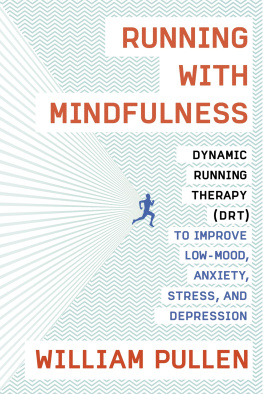
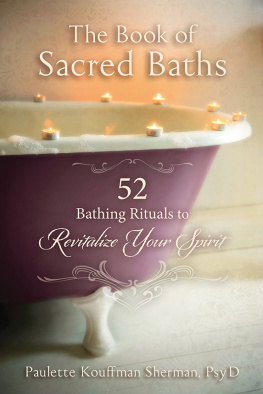

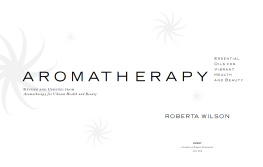

 For Lai Lin and Alfie, naturally.
For Lai Lin and Alfie, naturally.


